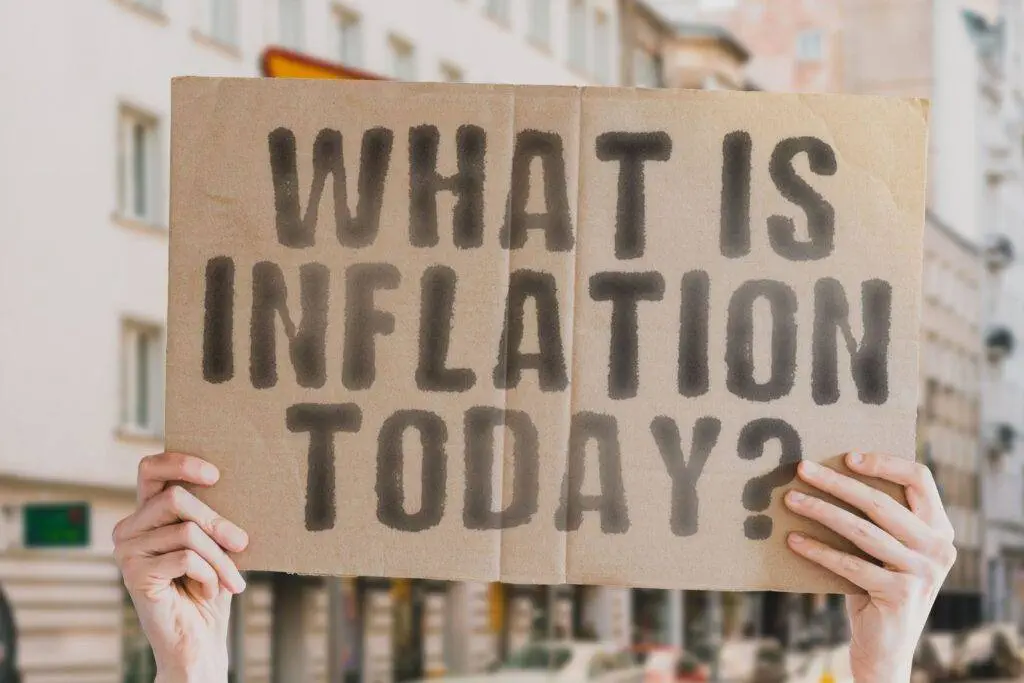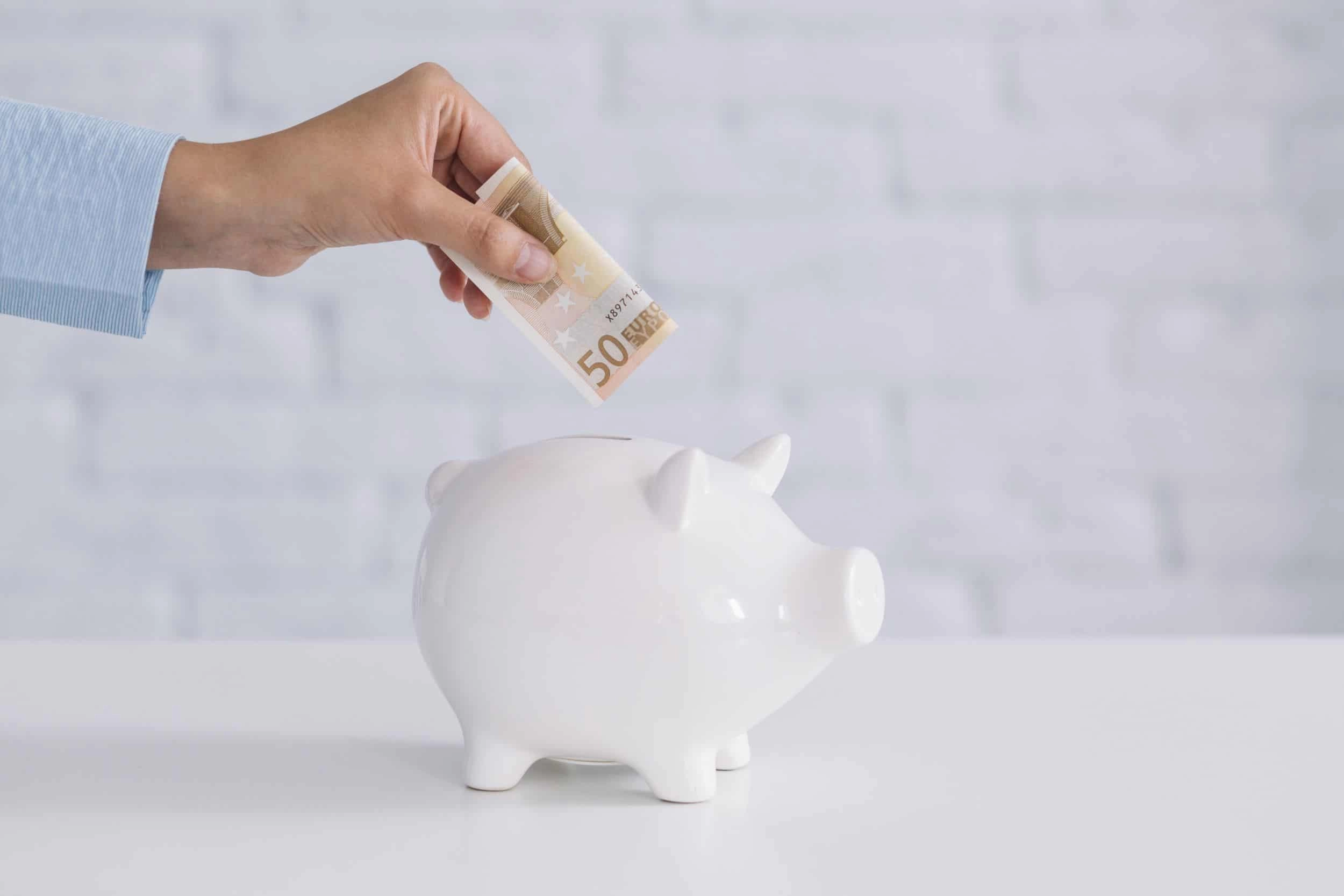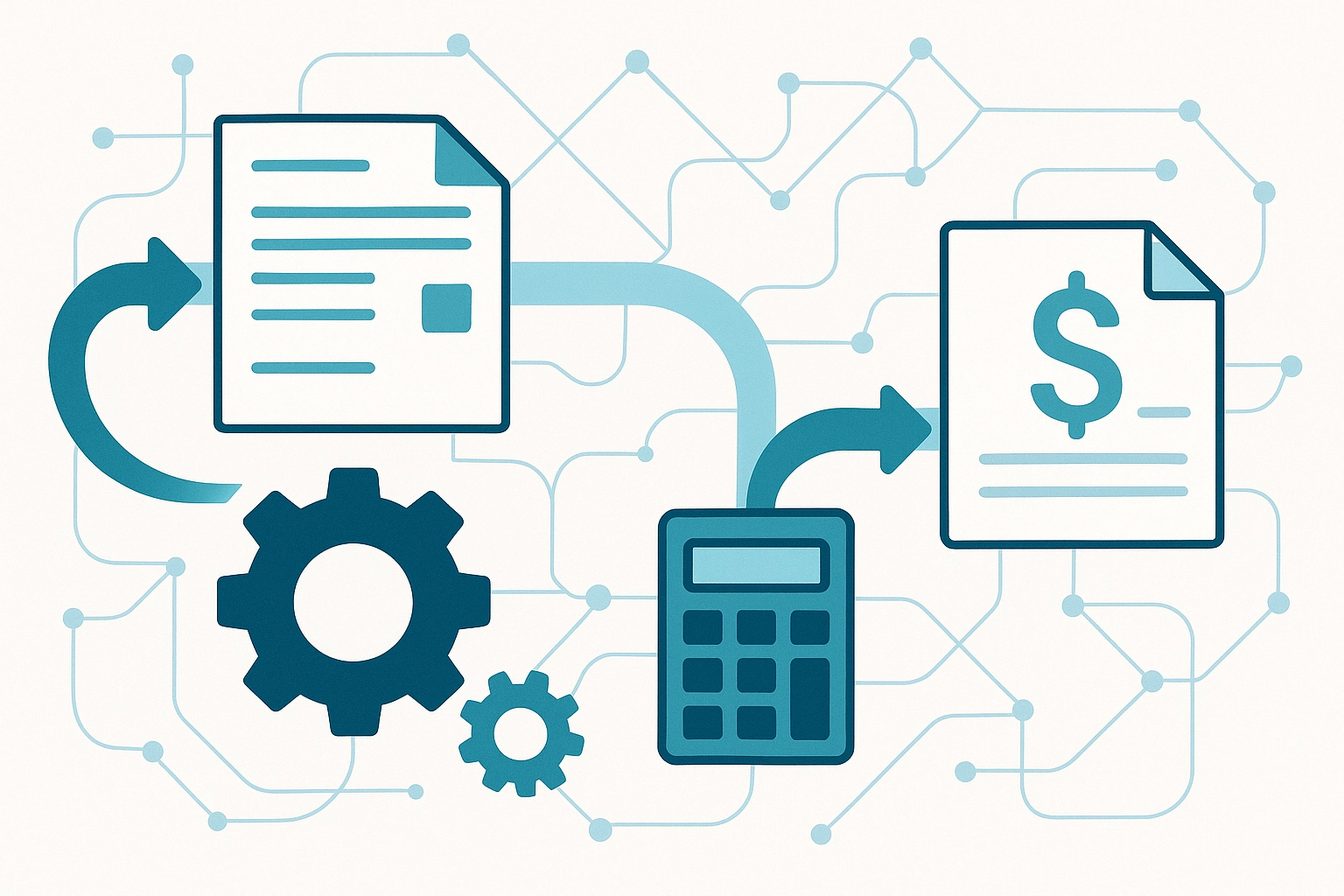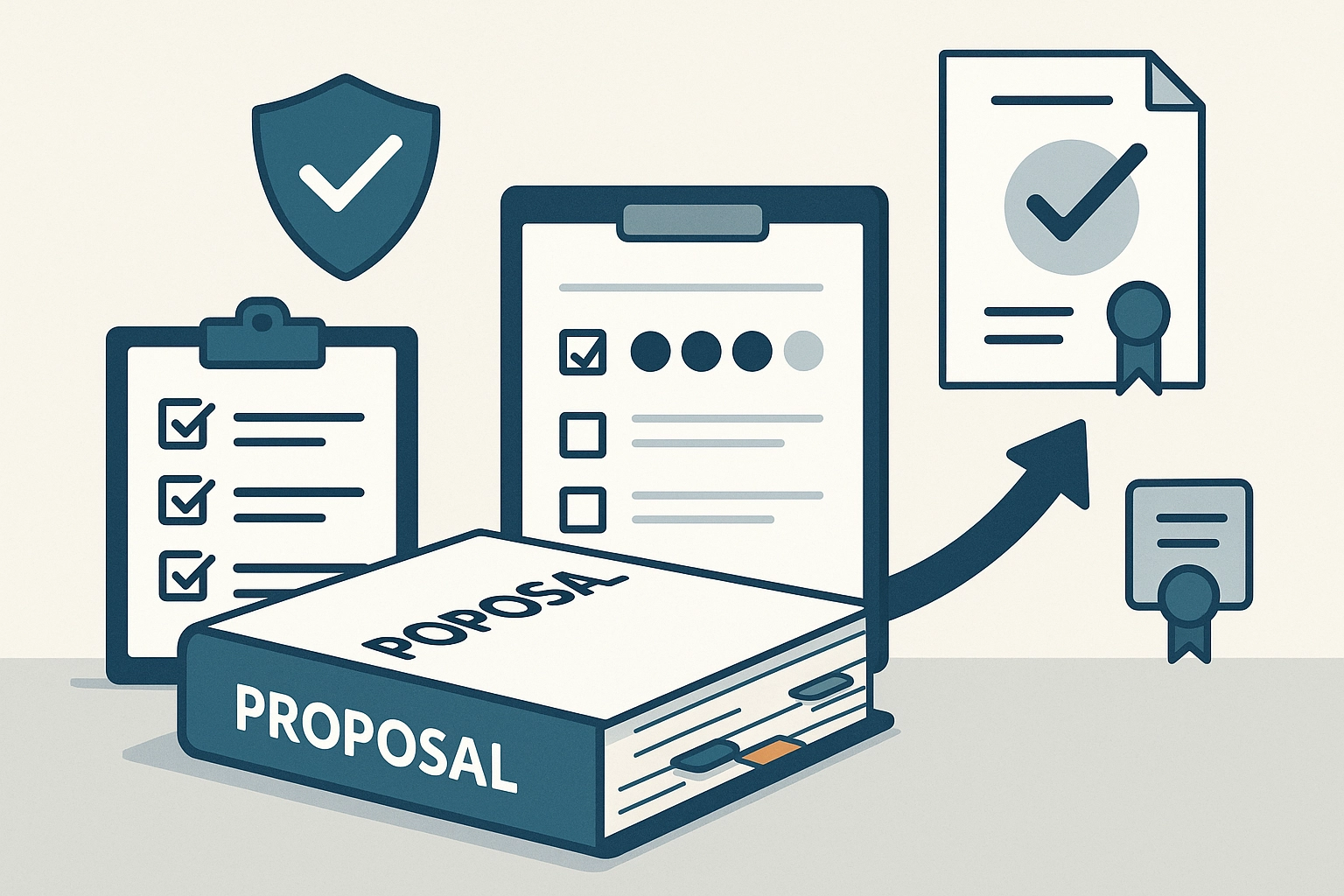Inflation is already there, we researched how you can protect your money.
After many years of stable prices, inflation has picked up speed this year. In August, annual price growth reached 3.1 percent, the highest level since April 2013. Increased inflation is driving down wages and threatening consumers’ purchasing power. Likewise, inflation threatens savings as money loses value day by day.
The impact of high inflation on quality of life is clear to everyone – higher prices mean less purchasing power, so citizens are poorer in real terms, even if their wages rise slightly, because inflation is higher than wage growth. But inflation is also reflected in citizens’ savings, which are worth less and less because of low interest rates in the bank. Simply put, inflation eats up citizens’ savings.
Inflation is an increase in the general level of prices for goods and services. The emphasis here is on a general increase in prices, not on an increase in the prices of individual items. Consequently, inflation leads to a decrease in the purchasing power of money.
Although inflation is usually discussed in a negative context, this economic phenomenon also has its good sides. First and foremost, it allows for easier repayment and redemption of old debts, regardless of whether they are debts of citizens, companies or the state.
When it comes to money, one should think in terms of its relative value, that is, how much goods and services can be purchased with a given amount of money. This indicates that money has real value, but inflation causes it to lose its real value, which means that money is worth more today than it will be tomorrow.
Inflation is the main enemy of savings and other low-interest investments.
A simple question arises: How can you protect your savings from inflation?
Keeping money in the bank is not the best solution at the moment if you want to protect its value. Currently, interest rates on time deposits are close to zero, and since inflation has exceeded three percent, keeping money in the bank is undoubtedly not a good choice.
In a time of high inflation, it is definitely advisable to activate cash to preserve the value of money. You can preserve your purchasing power by investing it or converting it into another value.
1. Purchase of a useful property
If you are not susceptible to the risks associated with various forms of investment, you can also protect the purchasing power of money by buying a durable good.
For example, you can buy a car before you plan to. In this way, you can save since car prices are likely to increase due to inflation.
2. Saving for retirement
Investing in the retirement is open to anyone who wants to increase their income in retirement or retire earlier. The returns achieved by fund managers combined with the government incentives provide good protection against inflation.
If you have not yet opened an account, you can choose one of the pension funds. If you are already saving in one of these funds, you can increase your monthly deposits to activate free cash.
3. Investing in stocks
A long-term investment in quality stocks provides good protection against inflation. Statistics show that historically the growth of stock prices has always exceeded the rate of inflation. Of course, it is necessary to choose the right stocks and build a good portfolio.
In inflationary conditions, it is safest to invest in the stocks of those sectors that have more room for price increases. These are usually sectors such as food, agriculture, pharmaceuticals, etc., whose products are equally bought despite the loss of purchasing power.
4. Investing in index funds
If you do not have sufficient investment knowledge, a good choice is to invest passively in stocks by buying shares in index funds. For example, $100 invested in the U.S. S&P 500 stock index in 1970 would be worth $17,911 this year, or 17,812 percent more.
In other words, the annual return over the past 50 years has been just under 11 percent. Adjusted for inflation, a nominal value of $17,911 is worth about $2,460 compared to the value of U.S. currency in the 1970s, or a real return of 2,460 percent.
5. Buying property for rent
Residential real estate investments can generally withstand the effects of inflation well. That’s because home and apartment prices and rents generally keep pace with inflation. But as with stocks, it’s important to make good choices when buying a home. The more expensive you pay for a property, the lower the potential profitability and the higher the risk of losses.
A useful way to calculate the profitability of real estate investments is to divide their value by the potential rent. A good return is when you can recoup the value of your real estate investment over a period of 120 to 150 months’ rent. If the figure is over 200, the property is considered too high and investing in it may result in a loss.
6. Investing in gold
Investing in investment gold is a traditional way to protect against inflation. In a time of increased inflation, the price of gold usually rises due to increased demand.
However, when investing in gold, you should carefully weigh all market risks, because history remembers times when investments in gold yielded very high returns, but also long periods when the price stagnated or even fell.
7. Cryptocurrencies
If you are inclined to speculative investments and believe that cryptocurrencies will one day replace traditional money, Bitcoin or any other cryptocurrency is the right choice for you.
The potential price growth is unlimited, but be aware that the risks are not negligible.
Whatever you decide, ALWAYS keep track of your invoices. That’s what Invoice Crowd is for – simplifies invoicing, expense tracking and accounting, saving you time and money. Generate a professional invoice in a matter of seconds.
In the times to come, it is important to take care of all income and expenses. Leave nothing to chance, plan and invest in time.





